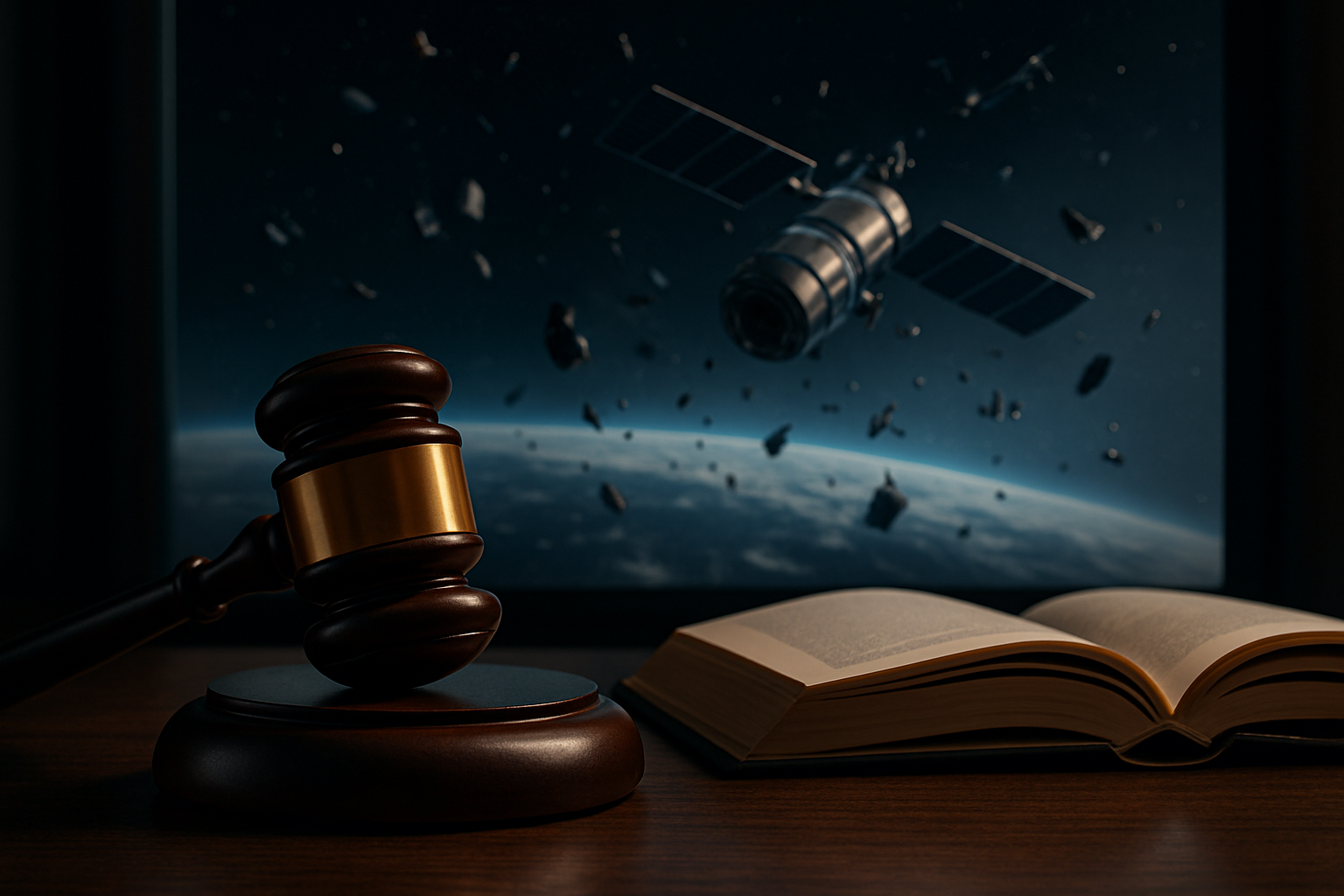Evolving Legal Landscape of Space Tourism
Space tourism is no longer confined to the realm of science fiction. As private companies venture into commercial space travel, a complex web of legal challenges and regulatory questions emerges. This article delves into the intricate legal framework surrounding space tourism, exploring the current state of regulations and the potential future of space law.

International Space Law: A Foundation for Regulation
The backbone of space law lies in international treaties, primarily the Outer Space Treaty of 1967. This landmark agreement, ratified by over 100 countries, establishes fundamental principles for space exploration and use. It declares space as the province of all mankind, prohibits claims of sovereignty over celestial bodies, and holds nations responsible for their activities in space. While these principles provide a broad foundation, they were not designed with commercial space tourism in mind, leaving significant gaps in regulation.
National Space Legislation: Filling the Gaps
In response to the emerging space tourism industry, several countries have begun to develop national space legislation. The United States, for instance, passed the Commercial Space Launch Amendments Act in 2004, which grants the Federal Aviation Administration (FAA) authority to regulate commercial human spaceflight. This act includes provisions for passenger safety, informed consent, and operator licensing. However, the regulatory approach remains largely hands-off, allowing the industry to develop without excessive restrictions.
Liability and Insurance: Navigating Uncharted Territory
One of the most pressing legal challenges in space tourism is the question of liability. Who bears responsibility in the event of an accident or injury during a commercial space flight? The Warsaw Convention and Montreal Convention, which govern liability in international air travel, do not extend to space tourism. This legal vacuum has led to the development of novel approaches, such as requiring passengers to sign liability waivers and the creation of specialized insurance products for space tourism operators.
Environmental Concerns and Space Debris
As space tourism grows, so do concerns about its environmental impact. The emissions from rocket launches and the potential proliferation of space debris pose significant challenges. While international space law addresses some aspects of environmental protection in space, it lacks specific provisions for commercial space activities. Developing a robust legal framework to manage these environmental concerns will be crucial for the sustainable growth of the industry.
Future Regulatory Challenges
The rapid advancement of space technology presents ongoing challenges for regulators. Issues such as space traffic management, on-orbit activities, and potential conflicts with satellite operations will require innovative legal solutions. Additionally, as space tourism expands beyond suborbital flights to orbital stays and even lunar excursions, new regulatory frameworks will need to be developed to address these more complex missions.
Shaping the Future of Space Law
The legal landscape of space tourism is still in its infancy, evolving alongside the industry it seeks to regulate. As commercial space travel becomes more commonplace, it will necessitate a delicate balance between fostering innovation and ensuring safety and sustainability. The coming years will likely see significant developments in space law, with international cooperation playing a crucial role in creating a cohesive global framework for this emerging frontier.




